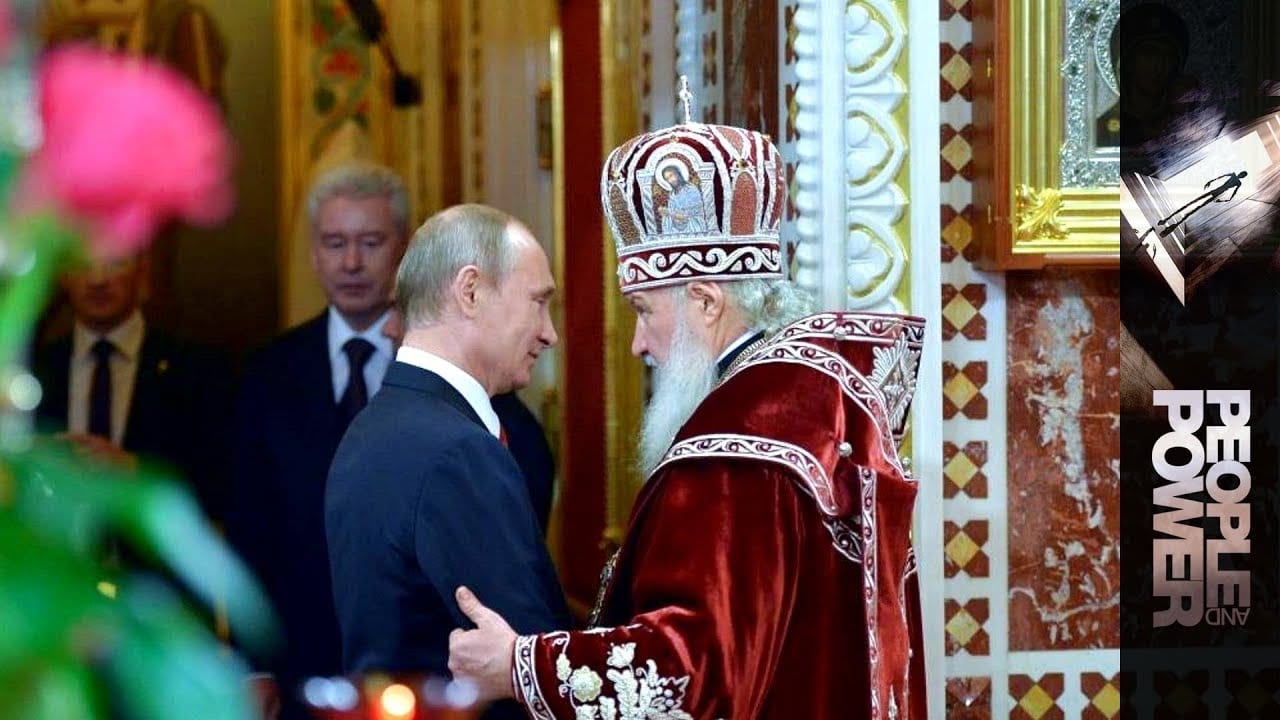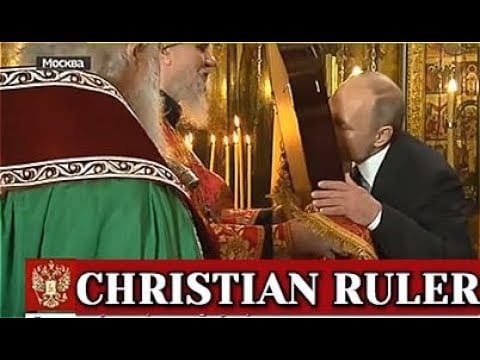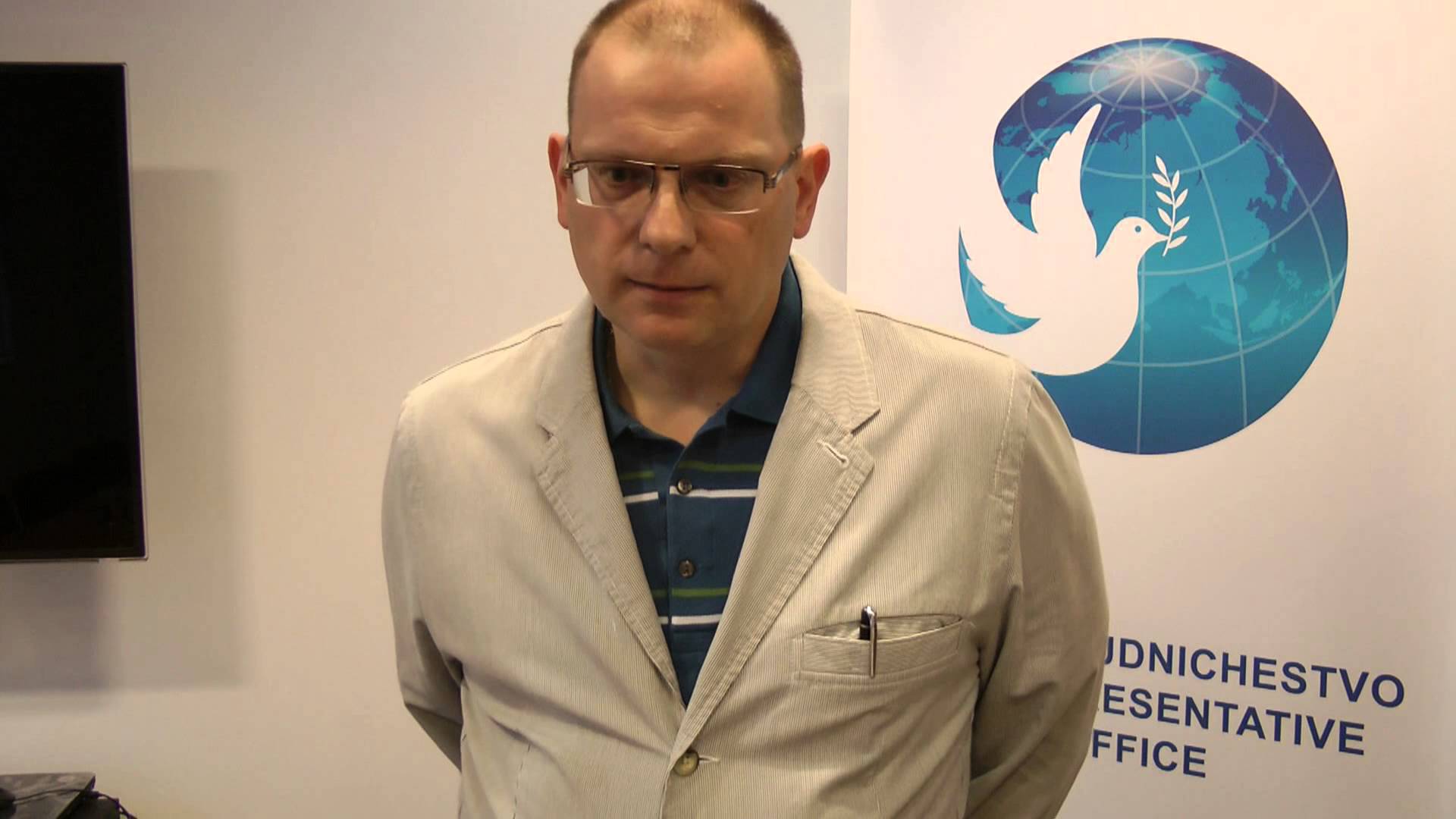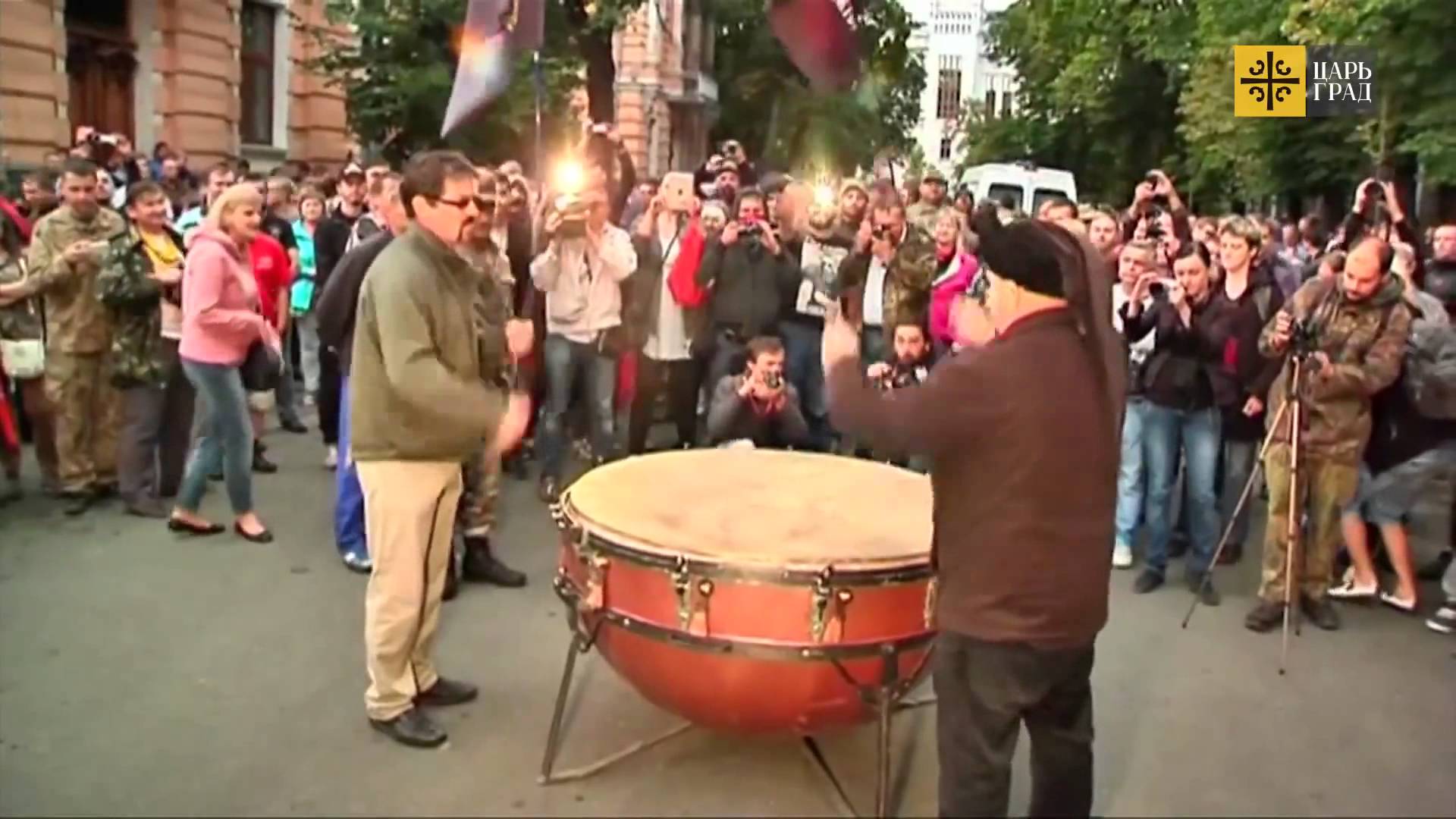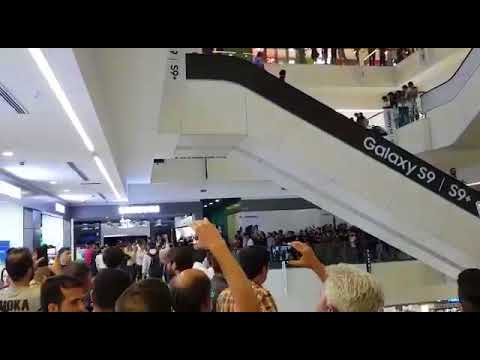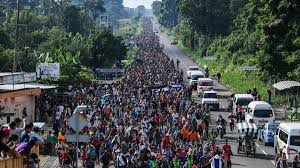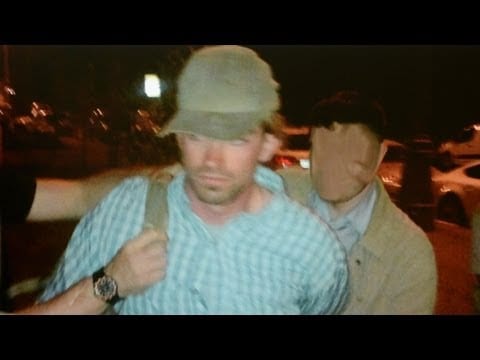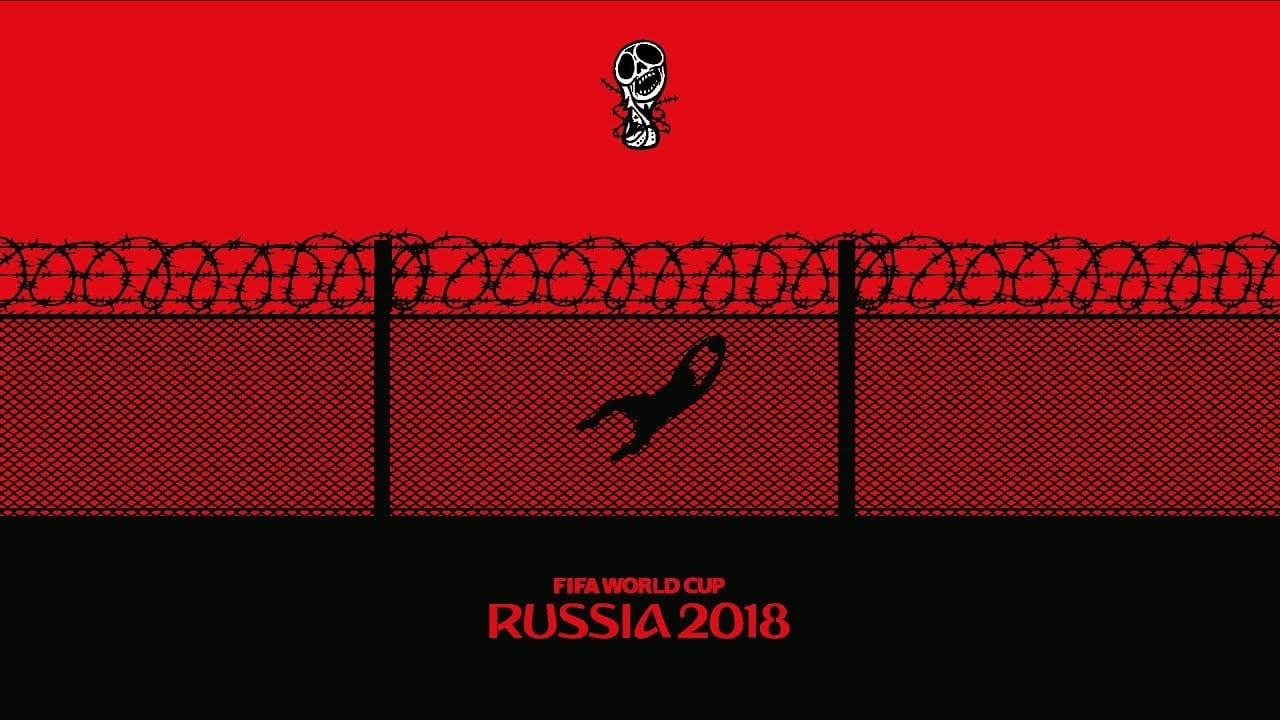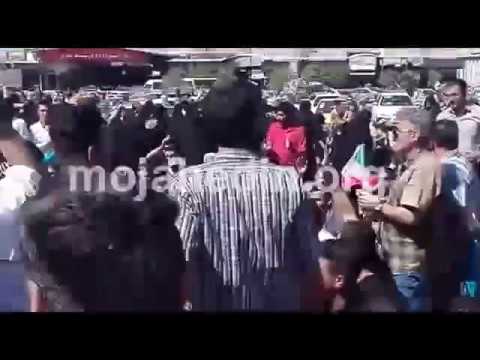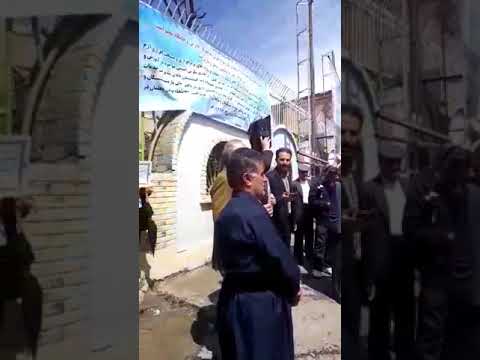This year, on July 11 the Greek authorities announced expulsion of two Russian diplomats. According to the official version, such actions were predetermined by an attempt to bribe a number of the Greek officials and priests of Greek Orthodox Church committed by the Russian diplomacy’s representatives. By the way, Greece is one of the few European states, which did not expel the Russian diplomats in response to poisoning of the former intelligence agent Sergey Skripal early in March in Britain by the Russian intelligence agencies. However, possibly even the patience of the Greek government came to end, despite of their more than loyal relation to Moscow.
Well, why then bribing priests, especially, representatives of the Athos monastery and Greek Metropolis? Everything is as simple as ABC – the Russian authorities uses the Russian Orthodox Church to interfere the Ukrainian Church with receiving autocephaly. They are seeking support of as many as possible representatives of orthodox clergy before the decisive meeting of the Synod at the beginning of September. Since the Russian Church, just as the whole Russian state, is governed by people with the semi-criminal past and without showy talents, they got used to act quite primitively – through threats and bribes.
However, the bribes are only one thing, another is explicit blackmail and threats. Head of the Russian Church – Patriarch Kirill has repeatedly stated that acknowledgement of the Ukrainian autocephaly will result in religious split and war in Ukraine. At the same time, he delicately kept silence about the fact of blessing given to the Russian tanks with the Russian soldiers and mercenaries in the Crimea and in the east of Ukraine by representatives of the Russian Church.
Nevertheless, such position of the Russian Patriarch has a common sense. From the beginning of the Russian aggression against Ukraine, the increasing number of the Ukrainian Orthodox Christians has no wish to associate themselves with the Moscow Patriarchy of Ukrainian Orthodox Church – branch of the Russian Church in Ukraine, and pass to the control of the Kiev Patriarchy, in fact independent Ukrainian Church. Thereby the Russian government loses another if not the last substantial leverage over internal Ukrainian policy.
Who was appointed guilty of religious split in Ukraine? Well, there are a lot of options, though the Catholic Church is deemed to be the main originator for these processes taking great efforts to separate Ukraine from the womb of Russian Orthodoxy and having imposed their values and beliefs. Good thing, they have confined themselves to outlandish ideas instead of announcing a crusade against the Roman throne.
In fact, the Russian clergy is capable of provocations both in Ukraine and in other states where Orthodoxy is the prevailing religion. In this purpose, they can gain advantage of the Russian security services’ support, which work in close rapport with the Russian Church in addition to their own powers. We may anticipate attacks of the representatives of the Moscow Patriarchy in Ukraine by alleged “Ukrainian nationalists” that will be immediately presented as beginning of religious war by the Russian media. Some other orthodox churches loyal or completely controllable by the Russian Church may declare boycott to decisions of the Constantinople Patriarchy that will result in a true church split.
This makes a very old Moscow’s dream to become the center of global Orthodoxy come true, though restricted to some extent. Antioch, Georgian, Bulgarian and Serbian Churches seem to be the most probable candidates for this “membership club”. There is no single answer to the question about the incentives for their management to resign themselves to Moscow control. Possibly it can be money, compromising evidence or both. Russians are ready for everything in order to avoid creating a new competitor in the face of the Ukrainian Church.
It is ok if they avoid human victims. As practice shows, in order to achieve their purposes Russia, which may be equated to the Russian church, spares no efforts. During next weeks we may see different manifestations of religious madness among the Russian clergy and government officials. Is such problem solution approach reasonable? By all means, no. Though, as stated above, they are not able to solve them in other way…
